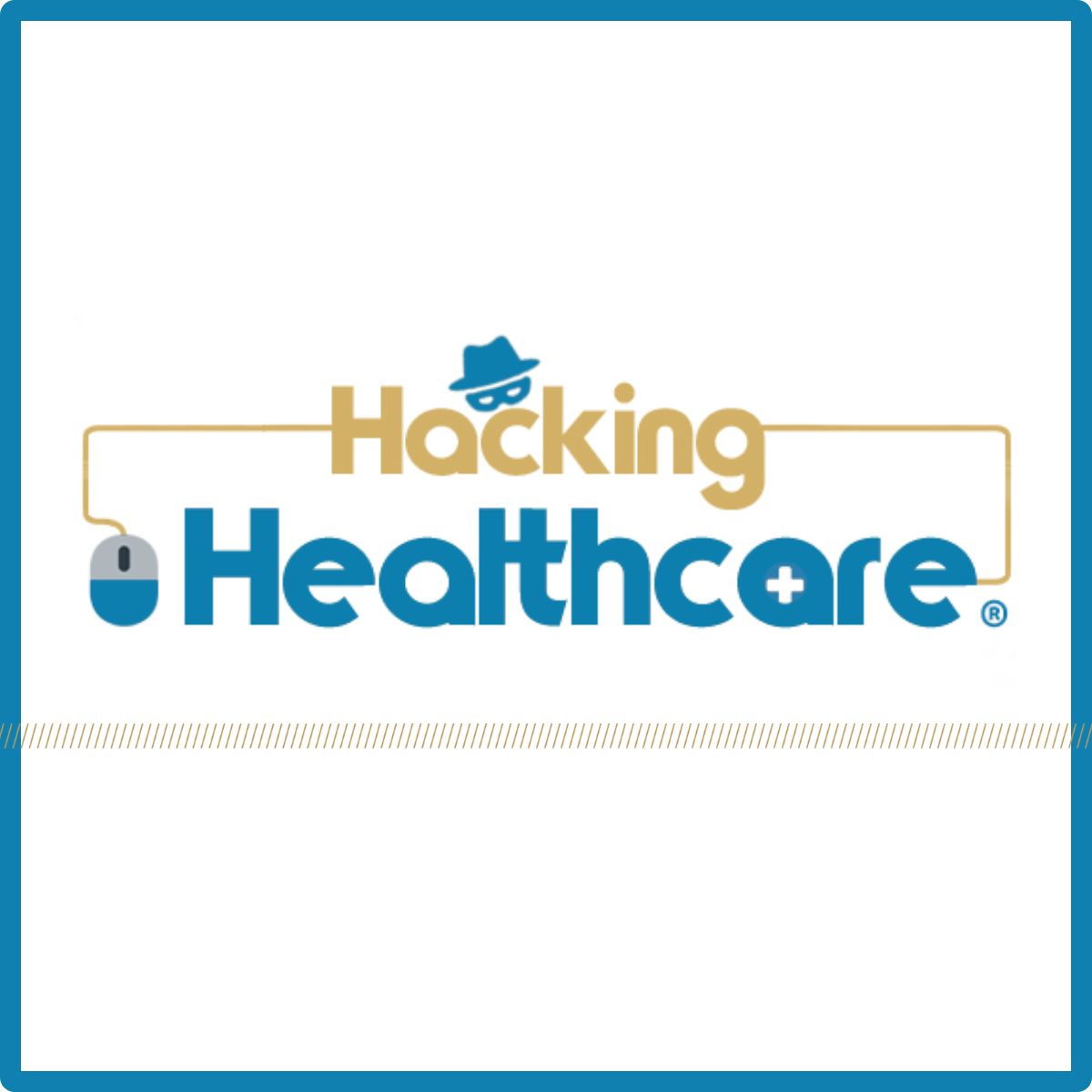
This week, Hacking Healthcare™ begins by with an update on the possibility of the United States government someday creating a federal 911/311 hotline for cybersecurity incidents. We look at how a new pilot program might hold the key to the idea being given more consideration, but also analyze why it might not be worth pursuing. Next, we take a look at what some news outlets are reporting as one of the first cases of a ransomware attack featuring prominently in the closure of a healthcare facility. We make the case for law and policymakers to more actively consider backstops to ensure critical infrastructure like healthcare facilities don’t suddenly leave their communities at risk.
As a reminder, this is the public version of the Hacking Healthcare blog. For additional in-depth analysis and opinion, become a member of H-ISAC and receive the TLP Amber version of this blog (available in the Member Portal.)
PDF Version:
Download
Text Version:
Welcome back to Hacking Healthcare™.
What About a CISA Cyber Helpline?
Within the United States, connecting to an operator capable of directing a variety of needed emergency services to a given incident is often taken for granted. However, for anyone who has been on the receiving end of a cyberattack, the lack of such a servicer for a cybersecurity incident is glaringly apparent. With such a seemingly effective precedent for a similar kind of service already in place, why don’t we have a “Cyber 911,” and could that change?
For a multitude of reasons, a Cyber 911 has never materialized, but that could change if a pilot program organized by the University of Texas at Austin (UT Austin) becomes successful. The pilot program is an attempt to create a resource for medium-size businesses and non-profits to connect to cybersecurity students and faculty at UT Austin for pre-incident cybersecurity guidance.[i] At present, the program is not set to incorporate any kind of 911-like response; however, according to Wired magazine, the program’s leaders hope that they will eventually be able to expand the program to leverage the City of Austin’s existing 311 helpline. A 311 helpline is a service offered in many large cities that allows residents to find information, and in Austin it currently connects callers to “a friendly and knowledgeable City of Austin ambassador.”[ii], [iii]
Should UT Austin’s program manage to work through the various legal and logistical issues that seem to be preventing the pilot program from integrating into the 311 line, it may pave the way for something approaching a 911 helpline. If the pilot makes it that far and is deemed successful, there are hints that it may push the Cybersecurity and Infrastructure Security Agency (CISA) to pursue a federal approach.
In a memorandum to the members of CISA’s Cybersecurity Advisory Committee (CSAC) from last summer, CISA Director Jen Easterly responded to a recommendation that CISA launch a “Cyber 311 campaign.”[iv] The recommendation was that CISA “provide an emergency call line and clinics for assistance with cyber incidents for small and medium businesses.”[v] While she refused to conclusively say that CISA would pursue the action under any circumstances, she left the door open to considering it, “once the outcomes of the University of Texas at Austin’s pilot program and any other similar pilots are better understood.”[vi]
Action & Analysis
**Included with Health-ISAC Membership**
Illinois Hospital Closure Highlights Ransomware Threat
An NBC News article posted on June 12th has helped to reiterate just how devastating ransomware can be, especially on small and medium-size healthcare organizations.[vii] According to the article, St. Margaret’s Health (SMP Health) in Spring Valley, Illinois, is closing as a result of several connected factors that include a cyberattack. NBC’s reporting cites the incident as perhaps the first time that a cyberattack has played a prominent role in forcing the closure of a healthcare institution. The significant tangible impact this will have on the community it served should raise red flags for lawmakers.
The closure of St. Margaret’s Health in Spring Valley is reportedly due in part to a 2021 ransomware attack that “halted the hospital’s ability to submit claims to insurers, Medicare or Medicaid for months, sending it into a financial spiral.”[viii] Other factors, including COVID-19 and a shortage of staff, were cited by the chairwoman of SMP Health’s parent organization.[ix] As part of the fallout from the closure, some individuals from the affected community need to travel an extra thirty minutes in order to receive emergency medical attention.
Action & Analysis
**Included with Health-ISAC Membership**
Congress
Tuesday, June 13
No relevant hearings
Wednesday, June 14
No relevant meetings
Thursday, June 15
No relevant hearings
International Hearings/Meetings
No relevant meetings
[i] https://www.wired.com/story/ut-austin-cybersecurity-clinic-311/
[ii] https://www.austintexas.gov/department/311
[iii] https://www.wired.com/story/ut-austin-cybersecurity-clinic-311/
[iv] https://www.cisa.gov/sites/default/files/2023-02/formal_response_to_cisa_cybersecurity_advisory_committee_recommendations_june_2022.pdf
[v] https://www.cisa.gov/sites/default/files/2023-02/formal_response_to_cisa_cybersecurity_advisory_committee_recommendations_june_2022.pdf
[vi] https://www.cisa.gov/sites/default/files/2023-02/formal_response_to_cisa_cybersecurity_advisory_committee_recommendations_june_2022.pdf
[vii] https://www.nbcnews.com/tech/security/illinois-hospital-links-closure-ransomware-attack-rcna85983
[viii] https://www.nbcnews.com/tech/security/illinois-hospital-links-closure-ransomware-attack-rcna85983
[ix] https://www.nbcnews.com/tech/security/illinois-hospital-links-closure-ransomware-attack-rcna85983
[x] https://h-isac.org/an-illinois-hospital-is-the-first-health-care-facility-to-link-its-closing-to-a-ransomware-attack/
- Related Resources & News
- Potential Terror Threat Targeted at Health Sector – AHA & Health-ISAC Joint Threat Bulletin
- New Cybersecurity Policies Could Protect Patient Health Data
- CyberWire Podcast: PHP flaw sparks global attack wave
- Health-ISAC Hacking Healthcare 3-14-2025
- HSCC Aiming to Identify Healthcare Workflow Chokepoints
- New Healthcare Security Benchmark Highlights Key Investment Priorities and Risks
- Are Efforts to Help Secure Rural Hospitals Doing Any Good?
- CISA cuts $10 million annually from ISAC funding for states amid wider cyber cuts
- 2024 Health-ISAC Discussion Based Exercise Series After-Action Report
- Cobalt Strike takedown effort cuts cracked versions by 80%
